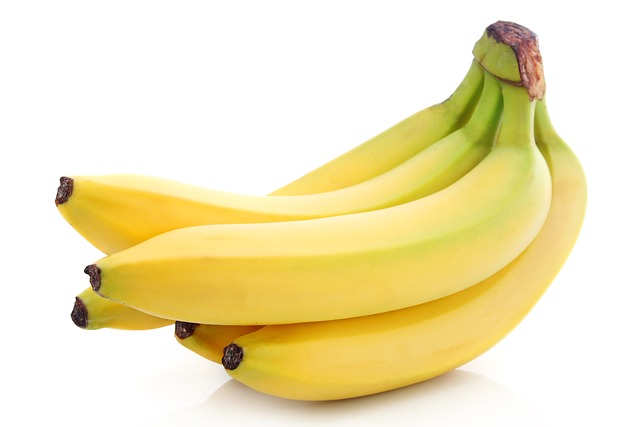The concept of food as medicine has been embraced for centuries, and modern science continues to affirm the profound impact of nutrition on our health. From preventing chronic diseases to supporting recovery, the food we eat can act as a powerful tool for healing and well-being.
This article delves into the meaning of “food as medicine,” its origins, a list of foods that promote health, and practical tips for integrating this philosophy into daily life. Additionally, we’ve included an Alcohol Cancer Risk Calculator to help assess risks associated with alcohol consumption.
What Does “Food as Medicine” Mean?
The idea of food as medicine emphasizes the use of whole, nutrient-dense foods to prevent, manage, and even treat illnesses. Unlike medications that target specific symptoms, food works holistically to support the body’s natural healing processes.
- Key Principles of Food as Medicine:
- Consuming a balanced diet rich in vitamins, minerals, and antioxidants.
- Using specific foods to address health issues (e.g., anti-inflammatory foods for arthritis).
- Avoiding processed and harmful foods that contribute to chronic diseases.
What Philosopher Said “Let Food Be Thy Medicine”?
The phrase “Let food be thy medicine and medicine be thy food” is attributed to Hippocrates, the ancient Greek physician often regarded as the father of medicine. Hippocrates believed that diet and lifestyle were critical to maintaining health and treating diseases.
- Modern Relevance: While modern medicine has advanced significantly, the principle of using food as a foundation for health remains central to preventive care and holistic healing.
Food as Medicine List: Nutrient-Packed Foods for Health
Certain foods are particularly renowned for their medicinal properties. Here’s a list of nutrient-rich options that can boost your health:
- Leafy Greens (Spinach, Kale): High in vitamins A, C, and K, these greens are anti-inflammatory and support heart health.
- Berries (Blueberries, Strawberries): Packed with antioxidants, they fight free radicals and support brain health.
- Fatty Fish (Salmon, Mackerel): Rich in omega-3 fatty acids, they reduce inflammation and improve heart and brain health.
- Turmeric: Contains curcumin, a compound with powerful anti-inflammatory and antioxidant properties.
- Ginger: Known for its anti-inflammatory and digestion-enhancing properties.
- Garlic: Boosts immunity and has natural antibacterial properties.
- Nuts and Seeds (Almonds, Chia Seeds): Provide healthy fats, fiber, and essential nutrients like magnesium.
- Cruciferous Vegetables (Broccoli, Cauliflower): Contain compounds that support liver detoxification and may reduce cancer risk.
- Green Tea: Rich in polyphenols, it supports metabolism and reduces the risk of chronic diseases.
- Legumes (Lentils, Chickpeas): Provide plant-based protein, fiber, and essential minerals.
How Can Food Be Used as Medicine?
Food can be used as medicine in various ways, from preventing diseases to managing chronic conditions and supporting overall wellness:
- Disease Prevention: A diet rich in fruits, vegetables, whole grains, and lean proteins can reduce the risk of chronic conditions like diabetes, heart disease, and cancer.
- Managing Symptoms: Foods like turmeric and ginger can alleviate inflammation, while high-fiber foods can improve digestion.
- Boosting Immunity: Foods rich in vitamins C and E, such as citrus fruits and almonds, strengthen the immune system.
- Improving Mental Health: Omega-3 fatty acids, found in fish and walnuts, support brain health and combat depression.
Statistics on Food and Health
- Preventable Deaths: According to the CDC, poor diet is a leading cause of preventable deaths, accounting for nearly 11 million deaths annually worldwide.
- Chronic Disease Management: A study published in The Lancet found that a diet rich in whole foods could prevent up to 30% of cardiovascular diseases.
- Obesity Epidemic: The WHO reports that over 39% of adults worldwide are overweight, highlighting the urgent need for healthier diets.
Practical Tips for Using Food as Medicine
- Focus on Whole Foods: Minimize processed foods and prioritize fresh, whole ingredients.
- Incorporate Functional Foods: Add ingredients like turmeric, ginger, and garlic to meals for their medicinal benefits.
- Balance is Key: Ensure your diet includes a mix of macronutrients (proteins, carbs, fats) and micronutrients (vitamins, minerals).
- Listen to Your Body: Pay attention to how certain foods make you feel and adjust your diet accordingly.
Final Thoughts: The Healing Power of Food
The idea that food can serve as medicine is both ancient wisdom and modern science. By embracing nutrient-rich, whole foods, you can take significant steps toward preventing and managing illnesses, improving mental and physical health, and enhancing overall well-being.
Take Action: Start small by incorporating one or two functional foods into your meals and gradually build a diet that supports your health goals. Share your journey and favorite recipes in the comments below!


